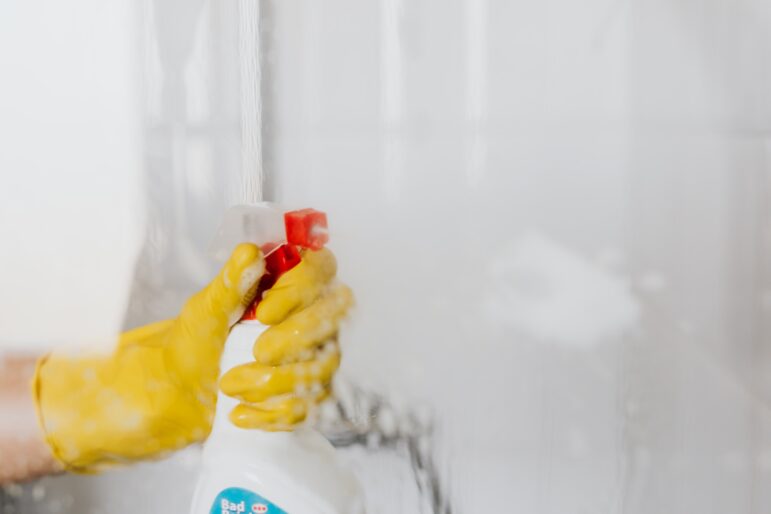As we continue to evaluate our cleaning supplies and practices for sustainability, health and safety, efficacy, and more, some of the more common ingredients may no longer produce the best results. Citric acid is one of those ingredients, serving as an alternative to some of the harsher, less environmentally friendly chemicals, but it’s not always the best choice for the job.
In many cases, citric acid-based products have been proven to eliminate 99 per cent of pathogens on a surface, but there are surfaces where this cleaning agent is not recommended:
- Marble, stone, and granite contain minerals that can react with citric acid, causing corrosion over time.
- While it is recommended on most metals, copper and brass may get tarnished.
- It is safe for use on upholstery, but it’s always best to test it on a small area to ensure that no discolouration or damage occurs.
- Wood flooring often has a protective layer that can be stripped away with citric acid, leaving it more vulnerable to scratches or damage.
- Electronic screens can be damaged with any product not specifically designed for their cleaning, and therefore, citric acid is not recommended for TV screens, phones, computers, and more.
Besides the above exceptions, citric acid is a reliable, effective cleaner, offering some positive benefits. Here are a few of the positives that using it can bring to commercial cleaning:
- Its origin in citrus-based fruits makes it a more sustainable product than some of the alternatives.
- It is a reliable cleaning agent for glass, effectively removing hard water buildup.
- It also works well to remove staining from calcium or magnesium deposits often found in public washrooms and sinks.
- Tile and grout are easily cleaned with citric acid-based solutions when using a soft brush.
- It tends to have an appealing, citrus fragrance, unlike many of the harsher chemical options.
As with all cleaning agents, knowing where and how to best use them improves efficiency and achieves greater final results. Reading labels and training cleaning staff on proper dilution and usage saves time, maximizes product inventory, and ensures a smooth commercial cleaning process.







